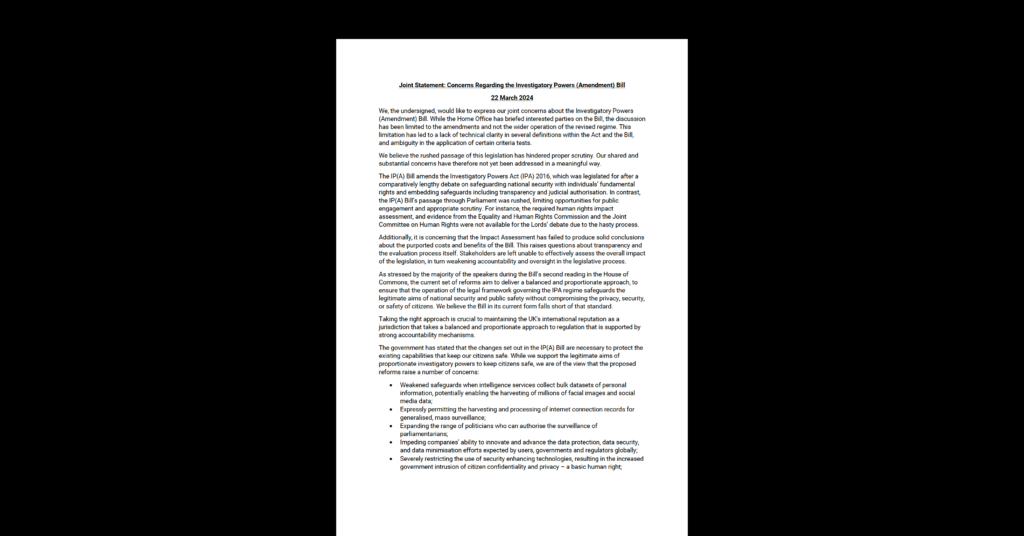European Policy, Open Internet
Article 11 DSM Copyright Directive: CDT’s Recommendations During “Trilogue” Negotiations
On 12 September 2018, the European Parliament adopted its position on the European Commission’s proposal for a Directive on Copyright in the DSM. Given that Council (representing Member State governments) had already adopted its position back in May, “trilogue” negotiations have now begun. These negotiations involve a series of closed-door meetings amongst representatives from the EU institutions, with the aim of reaching a final text that can be agreed upon by both Parliament and Council.
In their positions, Member States and Parliament unfortunately opted to maintain the introduction of a new ancillary copyright for press publishers (Article 11). We continue to believe Article 11 and corresponding recitals should be deleted altogether and instead introduce a presumption of representation in court as proposed by former European Parliament rapporteur and many commentators and academics. This represents a solution that goes to the root cause of the concern at hand: press publishers’ revenue flows. However, given the state of negotiations, and in the spirit of constructive feedback and compromise, we’d hereby like to propose amendments and recommendations that aim at preserving the open nature of the internet. These particularly highlight the importance of:
- Excluding hyperlinks from the scope of a new ancillary copyright for press publishers. Snippets are a valuable source of information to users, allowing them to make a sound decision on whether they would like to proceed clicking on the hyperlink. Under Article 11 anyone using a snippet of journalistic online content would first have to acquire a license from the publisher. Any restriction on snippets, is therefore also a restriction on hyperlinking and ultimately on access to information.
- Excluding insubstantial parts of text, such as factual information, from the scope of a new ancillary copyright for press publishers. Unlike copyright, a neighbouring right does not require content to be original. Article 11 could therefore protect short and unoriginal parts of text, including mere ‘factual information’ such as mere factual headlines. This would seriously undermine freedom of expression and access to information.
- Excluding ‘legitimate private and non-commercial use of press publications by individual users’ from the scope of a new ancillary copyright for press publishers. Internet users should not be discouraged from sharing information online.
- Focusing on the ‘online uses’ of press publications, rather than ‘digital uses’, as this would include uses of protected works outside of the internet, such as snippets used in archive copies for libraries or in newsletters.
- Excluding ‘news agencies’ from the scope of a new ancillary copyright for press publishers. Press publishers often directly publish articles from news agencies’ wires. If news agencies were to be covered by Article 11, it would therefore mean that the same piece of news could require multiple licenses. This could particularly discourage news-related startups and new publications, ultimately affecting innovation in this area.


